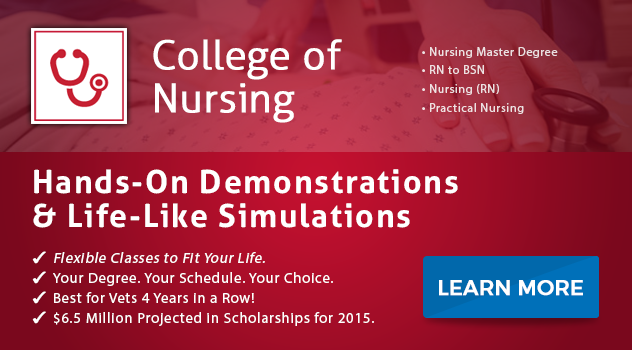What Every New Nurse Should Know About the Work they Did in College
According to the Bureau of Labor Statistics, the demand for qualified registered nurses will rise by at least 15% over the next decade. Registered nurses must complete an accredited degree program and pass the NCLEX-RN test before practicing medicine.
The educational programs include math, language, and other general education requirements alongside classes in anatomy, nursing concepts, and medical terminology. Together, these courses create a foundation that students can use to build their nursing career. How do the classes taken in nursing school help graduates in their daily job duties?
Physiology and Anatomy
Physiology examines the normal functions of the human body. On the job, nurses are in charge of monitoring patient stats and alert doctors when something unexpected happens. A firm understanding of physiology lets them know what to look for when analyzing collected data like temperatures, blood pressure, oxygen levels, and other vital statistics. It can also help nurses when interpreting subjective symptom information provided by patients.
Anatomy studies the actual structures of the body. Each major body system is examined in detail, including the positions and names of organs and other parts. Anatomy is a vital part of practicing medicine as it helps practicing professionals predict how certain diagnoses may progress. It also aids doctors in preparing and administering treatment plans.
A nurse’s primary purpose is to help patients heal. Together, anatomy and physiology courses give students the primary tools to achieve that goal.
Mathematics and Language
Math classes, like algebra, are a common academic requirement in nursing school programs. Nurses work with complex mathematics every day. From calculating medicine doses to determining the optimal amount of therapy time, nurses need higher mathematics to help them make important patient care decisions.
Language courses like English composition and Communications teach students to use words effectively. This is an essential skill for all nurses. The nurse’s role is essentially that of a facilitator, they are responsible for passing information between doctors, patients, and other parties.
Successful nursing hinges on being able to relate complex and sensitive data in a clear and efficient manner, in writing or while speaking. Language and communication courses teach nursing students how to communicate with everyone in their office.
Nursing Concepts and Medical Terminology
Nursing concepts represent the core ideals that nurses concentrate on in their daily work. The four main concepts include:
- Strategies that encourage mental and physical health
- The nurse’s role in treating illness
- Techniques to encourage healing by reducing patient stress
- Promoting good health with discussions on exercise, nutrition, and other healthy practices
These general concepts apply to nurses in every specialty and type of facility and are therefore required for all potential RNs.
Medical terminology allows doctors, medical support staff, and insurance providers to communicate about complex conditions in a concise yet accurate way. It also helps ensure patient privacy and supports high standards of care.
Some programs may require a separate terminology course while others may combine terminology with anatomy, physiology, and other applicable classes. It's important to note, however, that these classes are not an exhaustive study of medical terminology. Students who choose to work in cardiac, emergency, or other specialized medical fields may need to learn additional terms.
Your Nursing College Courses: Preparation for Your First Day on the Job
Your college courses provide all the technical and theoretical knowledge needed to be an effective nurse. The coursework you complete is similar to what will be expected of you on the job. Along with hands-on lab work and internships, a nursing college degree prepares you to be a useful part of almost any professional medical team.
Are you interested in becoming a nurse? If you want to earn an Associate of Applied Science Degree in Nursing (ADN), ECPI University offers this degree at an accelerated rate. For more information on this exciting program, connect with a friendly admissions advisor today.
It could be the Best Decision You Ever Make!
DISCLAIMER – ECPI University makes no claim, warranty, or guarantee as to actual employability or earning potential to current, past or future students or graduates of any educational program we offer. The ECPI University website is published for informational purposes only. Every effort is made to ensure the accuracy of information contained on the ECPI.edu domain; however, no warranty of accuracy is made. No contractual rights, either expressed or implied, are created by its content.
Gainful Employment Information – Nursing - Associate’s
For more information about ECPI University or any of our programs click here: http://www.ecpi.edu/ or http://ow.ly/Ca1ya.





